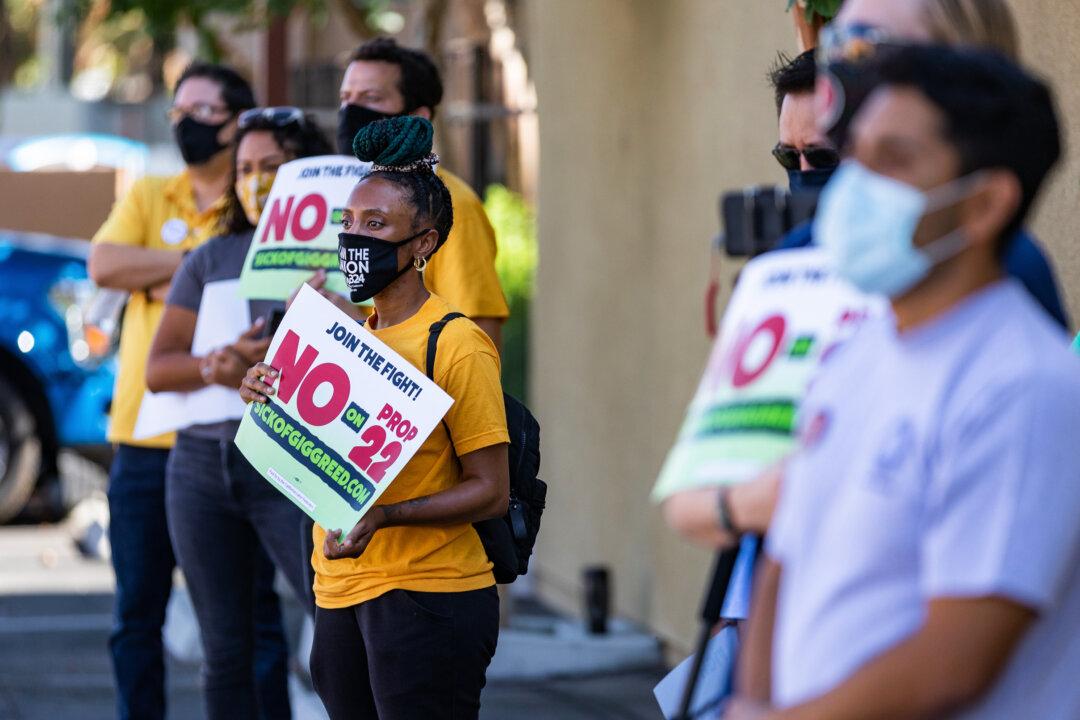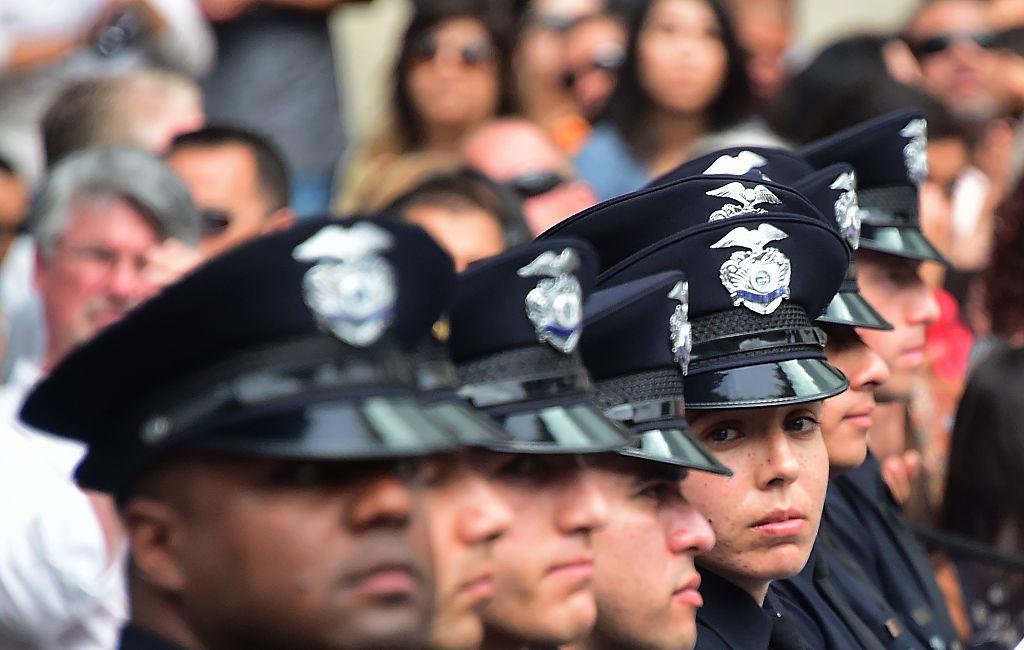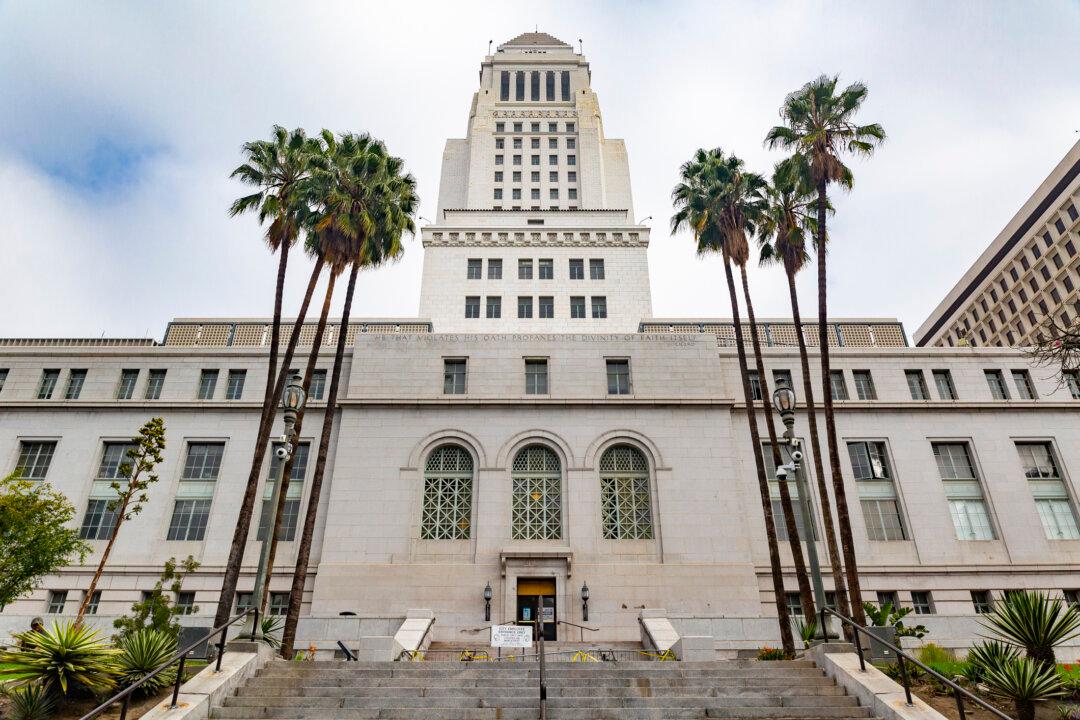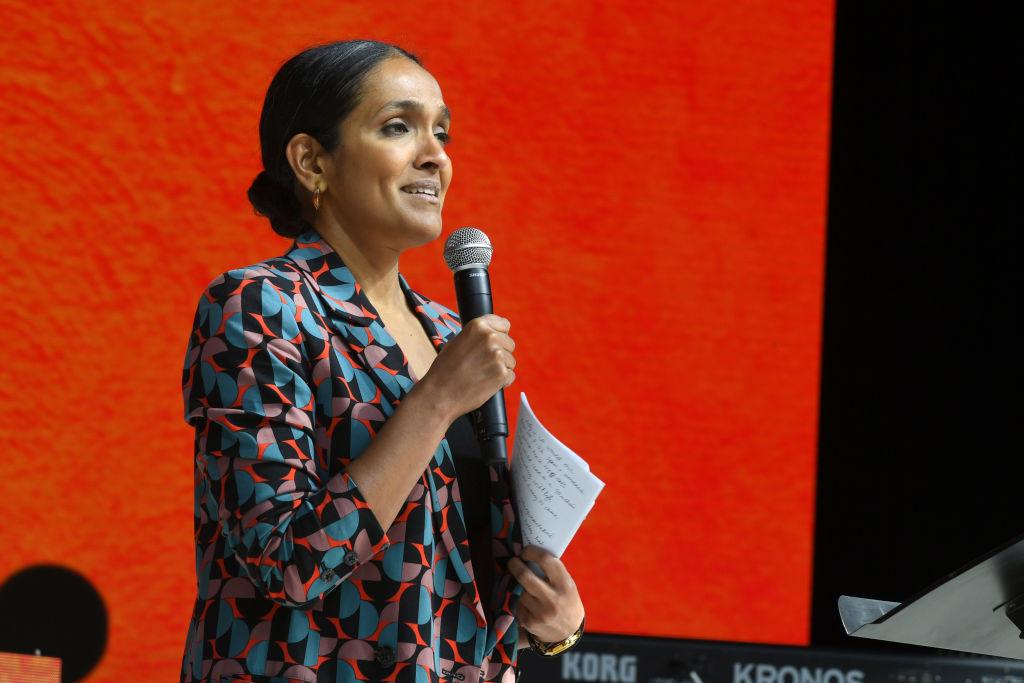A traffic jam of opinions has accumulated after Californians voted to overturn in large part a controversial law that has forced gig economy companies to hire workers as employees instead of paying them as independent contractors.
Assembly Bill 5 (AB 5) went into effect in January, supported by labor groups and some state lawmakers with the intention of making companies such as Uber and Lyft give their workers all the benefits due to employees. Proposition 22, which passed with the support of almost 60 percent of voters on Nov. 3, allows these companies to instead continue treating their drivers as contractors.





